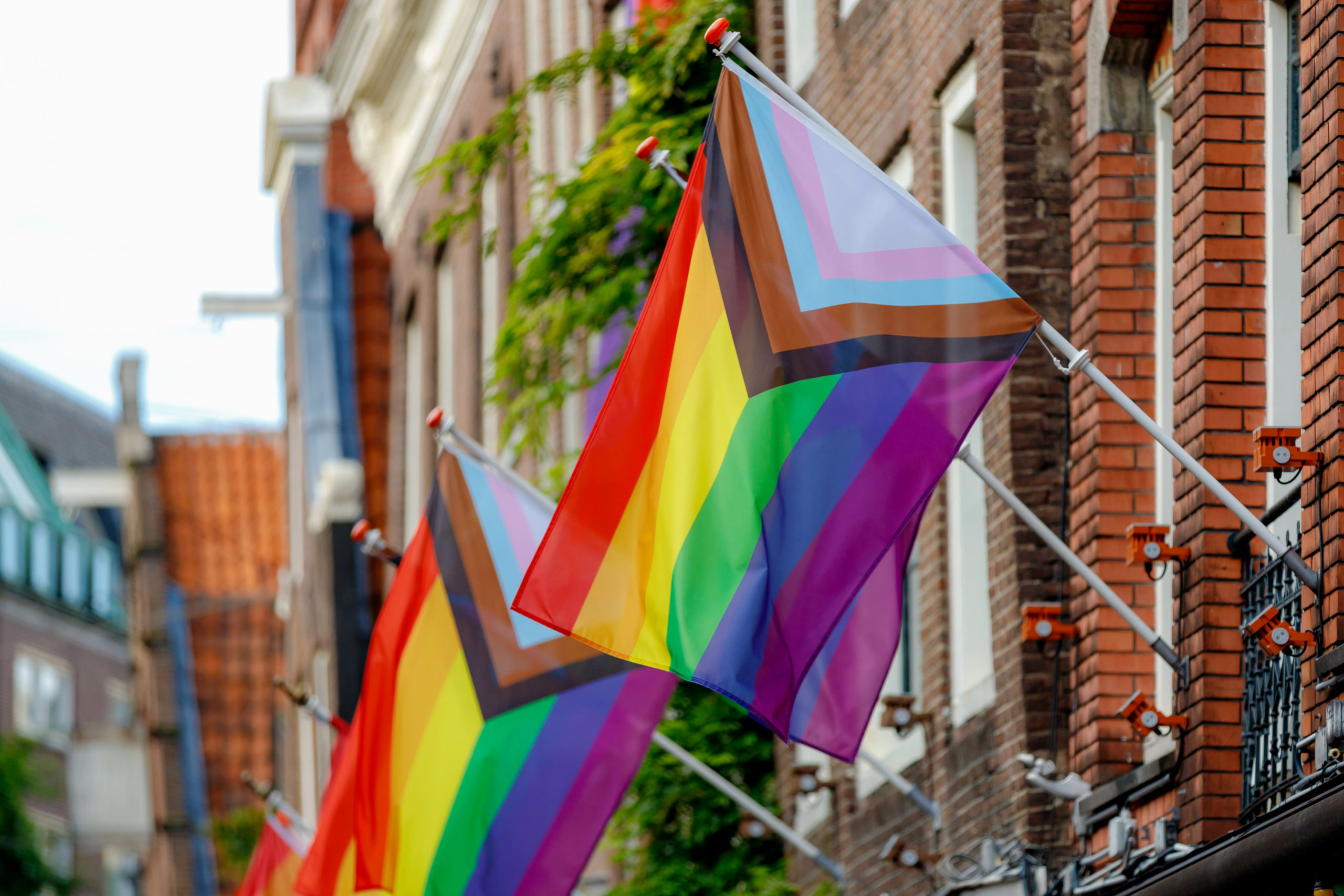
Windrush generation
Natasha Hill talks about the important contribution the Windrush generation has made to politics and culture in the UK.
The Windrush generation is the name given to the group of people who migrated from Caribbean countries to the UK between 1948 – 1973. The name came from the HMT Empire Windrush which was the first ship to bring passengers over.
After World War Two, Britain encouraged immigration from Commonwealth countries to help with a labour shortage and rebuilding after the war. The Windrush generation were instrumental in contributing to the British economy, culture and communities, in particular supporting the NHS and Transport. By 1977, 12% of student nurses and midwives in Britain were recruited from overseas – with 66% of them from the Caribbean!
The British Nationality Act (1948) stated that all citizens of the Commonwealth were automatically citizens of the UK and should have the same rights as someone who was born in the UK. In 1971, they were given indefinite leave to remain, however no documentation was provided to support this.
The arrival
The Empire Windrush arrived at Tilbury docks from Jamaica on 22 June 1948 carrying 1,027 passengers who had paid €28 (about €1,000 today) to travel to Britain. According to the passenger list, most of these people had listed Jamaica as their last country of residence and were adult males. In total, 684 were male, 257 female, 50 boys, 36 girls. They had a variety of occupations, which varied from mechanics, carpenters, engineers, musicians, and electricians.
At least a third of the passengers had nowhere to stay when they arrived in the UK, so they were housed in Clapham South deep shelter in South London which was used during the war as an air raid shelter. Many went on to find jobs through the nearest labour exchanges (job centres), one of which was in Coldharbour Lane, Brixton. Many settled in the Brixton and Clapham areas which have developed into large Caribbean communities contributing to British Culture.
Along with the promise of jobs and the opportunity to build a new life in the UK, arrivals expected to be welcomed warmly. Unfortunately, Caribbeans seeking housing encountered prejudice and racism. Signs such, ‘No Blacks, No Irish, No Dogs’ and ‘Blacks go back home’ reflected the racial hostility some people experienced.
Sam King MBE
A notable arrival on the Windrush was Samuel King MBE. Samuel King was born in Portland, Jamaica in 1926 and first came to Britain in 1944 during the Second World War. Here, he volunteered to serve in the RAF as an engineer. He saw it as his duty to support the “mother country”.
At the end of the war he returned to Jamaica. However, after five months he took the opportunity to return to the UK on the Windrush and worked for the Royal Mail. He helped organise the first Caribbean-style carnival in London with Claudia Jones which later became the first Notting Hill Carnival in 1964.
Sam King became a labour councillor in 1983 and after six months he became the first Black mayor of Southwark. During this time, the National Front was very active in the area and made it be known that if he became mayor then they would “slit his throat and burn down his house” He did not let this deter him.
In 1995, he co-founded the Windrush foundation to tell and preserve the stories of the Windrush generation. In 1998 Sam was appointed MBE. He sadly died on 17 June 2016.
Windrush Scandal
In 2012, following the Government’s “hostile environment” legislation, individuals were asked for evidence to continue living, working, and accessing health services in the UK. The aim was to make the UK unliveable for undocumented migrants.
Many of those from the Windrush had not been provided paperwork. An added complication was that, in 2010, the Home Office had destroyed landing cards belonging to Windrush migrants. This made it difficult for them to prove their legal status to live and work in the UK and the Home Office made it the responsibility of the individual to prove they were British citizens.
This caused an immense burden on people who had done nothing wrong. Many people were falsely accused of being illegal immigrants and denied the right of the benefits of being a British citizen. The UK Government have admitted that over 160 people may have been wrongly deported, often to a country that they no longer regarded as home.
Paulette Wilson was one of the first people to talk to the media about her case, which drew attention to the scandal. Despite having lived in the UK for 50 years, Paulette received a letter in 2016 stating that she was in the country illegally and must take immediate steps to return to Jamaica. She was arrested on two occasions and even detained in an immigration removal centre. After reaching out to her MP and the refugee and migrant centre in Wolverhampton, her deportation was prevented.
Once she spoke to the media however, others came forward and by 2018 the scandal began to gain momentum. There has been outrage that the UK Government demanded that members of the Windrush generation and their families prove their British citizenship. A Windrush compensation scheme was put in place but many are still struggling to access the funds.
The scandal led to the commission of an independent review into what had taken place. In early 2020, the review found that there was a lack of understanding of Britain’s colonial history and ministers were still failing to acknowledge the full extent of the suffering inflicted on people who were falsely accused of being in the UK illegally. There were serious concerns about racism within the department. The review led to several recommendations including:
- Setting up a full Home Office review of the UK’s “hostile environment” immigration policy
- Ministers should admit that serious harm was inflicted on people who are British
- The department should establish a race advisory board, and teach staff about Britain’s colonial history
The Government have accepted the recommendations and in September 2020 published an action plan to implement them.
For many, justice has still not been done and there is a huge backlog of cases yet to be resolved. There are still many people affected who have not approached the Home Office because they remain scared of the threat of immigration enforcement action. Many Windrush victims remain in severe financial and personal difficulties, facing homelessness and unemployment because of Home Office policies.
Since 2018, June 22nd has been designated Windrush Day to honour the Caribbean community who helped build post war Britain.
The Windrush generation is often thought to be the beginnings of a more diverse UK. Contributors to vital public services, and forces for progression and change, this generation should be celebrated not only during Black History Month but all year round. They have become an integral part of the country’s DNA since they made the UK their home and have had an invaluable impact on British society.
Find out more:
- Sitting in limbo
- The Unwanted: The Secret Windrush Files
- Passages: A Windrush Celebration
- Windrush Foundation
- British Library
- Windrush: Irresistible Rise of Multi-racial Britain by Trevor Phillips
- The Lonely Londoners by Sam Selvon
- Small Island by Andrea Levy
- The Windrush Betrayal: Exposing the Hostile Environment by Amelia Gentleman





